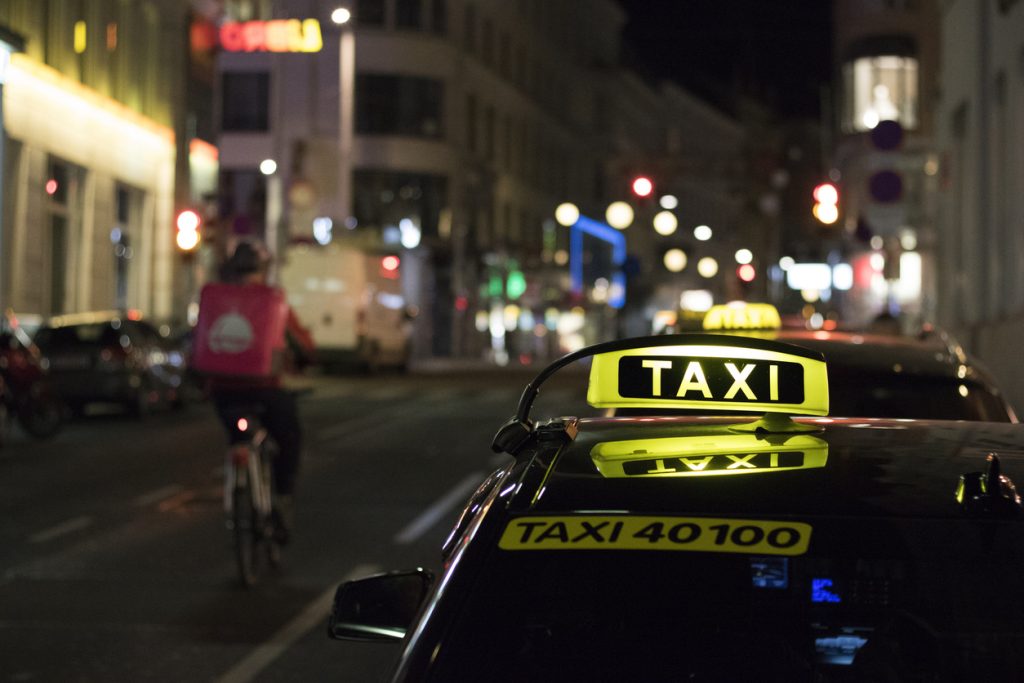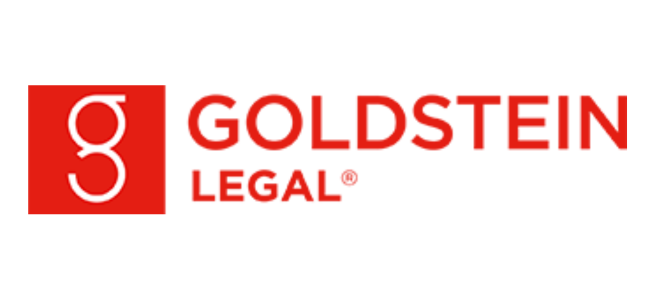The gig economy: what’s all the fuss?
There has been a lot in the media recently about the gig economy, but why has the topic become so popular and what does the term ‘gig economy’ actually mean?
In her latest blog, Roz Goldstein will explain the reasons behind the media and political interest in this type of labour and will discuss whether, as a franchisee or franchisor, you need to sit up and take notice.
What is the gig economy?
The term ‘gig economy’ is simply a popular label that has been adopted by the media and politicians alike to capture the idea of short-term and unpredictable work arrangements that fall outside the scope of employment and workers’ rights – or so it is assumed.
Some £1.1m people are engaged in the gig economy in the UK – a significant number. Of these, 69% are men, 59% are in professional or admin roles and 16% work in the delivery service.
Is the gig economy a new thing?
You’d be forgiven for thinking that the gig economy is a new thing. It’s not. Musicians, freelancers and creatives have been using the term for years.
What is new is the considerable increase in the number of people engaged in this economy now as a result of the contemporary business models that are dependent on this form of labour and the new technology that lies behind those business models. Uber, for example, simply wouldn’t have existed ten years ago.
Is the gig economy a bad thing?
The supposition, of late, is that if you’re working in the gig economy, you are at a disadvantage. Similarly, if you have a business and you engage people in the context of the gig economy, you are exploiting them. It is perceived to be a negative thing.
It isn’t really. The fact that a business may be engaging people to work in unstructured working patterns with no commitment is not in itself a bad thing, and in some cases it suits an individual’s preferred method of work.
What is bad however, is that, particularly with the advent of new business models, some companies are using the concept of gig employment as a way of working around employment or workers’ rights.
The cases that have come to light in the media have exposed businesses who are engaging people in this “self-employed” way, at less than the minimum wage, making unfair deductions from wages and subjecting people to poor working conditions. The list goes on. These people may not receive sick pay, holiday pay or pensions, and can be subject to harassment and discrimination in the work place.
Worker, employee or self-employed?
In the context of employment law in England and Wales, the legal disputes relating to the gig economy turn on how you define the difference between someone who is self-employed, someone who is an employee and someone who is a worker.
While there is no absolute guiding rule, because every single case must be decided on its own merits, there are some principles that make it fairly easy to determine whether someone is an employee or self-employed.
- If you run your own business at your own risk you are more likely to be held to be self-employed than employed.
- If you have your own equipment you’re more likely to be self-employed.
- If there is no one exercising significant control over the way you carry out your work, then it tends to suggest that you’re self-employed
- If you have the right to delegate your work to somebody else, that also tends to denote that you’re self-employed.
If you’re engaged in a contract of employment, you tend to be an employee, but employment legislation also allows for a different category – that of a worker, which comes with a lower level of protection.
A worker is someone who is employed to do or perform work or services by more than one party.
And this is where the difficulty arises, because if that’s the definition of a worker what’s then the difference between a worker and someone who is self-employed?
The definition is therefore crucial, because if you are self-employed you don’t have employment rights. If you are a worker, you do have a basic level of employment protection meaning you are still entitled to minimum working hours and wages. Your employer cannot make unfair deductions from your wages or discriminate against you and you’re entitled to sick pay, statutory holidays and some pension rights.
This is why so many high-profile brands, such as Uber, Deliveroo and Pimlico Plumbers have found themselves embroiled in legal disputes. With the backing of unions, individuals working for these companies have stepped up to say ‘Hey, I’m not self-employed, I’m a worker and I’m entitled to all of these rights!’ and so far, the law has upheld these claims.
Political ramifications
Interestingly, it didn’t take long for both the major political parties to wade in on the subject of the gig economy. And why is this? While both parties might like to talk about improving the rights and protection for gig workers, what has come to light is that the gig economy, which continues to grow apace, actually costs £4bn in lost tax and benefits pay-outs[1]. In other words, there is a tax gain for the government if they start taxing people in the gig economy as workers, meaning these workers would then be liable to pay employers’ National Insurance contributions too.
What’s it got to do with franchising?
If you are running a genuinely ethical business format franchise which allows your franchisees the ability to determine the scope and success of that business in a traditional format, then the recent cases relating to the gig economy should be no cause for concern.
The grey area comes when you start looking at what some people call low entry gig franchises (franchises that leave the franchisee with very little ability to determine the success or otherwise of the franchise business that they are running).
The recent 7-Eleven case in Australia is of interest here. In Australia, 7-Eleven was not a very typical franchise in that the franchisor delivered to the franchisee 90% of their overhead in exchange for a payment. The only area where the franchisee could exercise any control over the profitability of their business was by cutting the wages bill.
So this is what they did. As such, the Australian government got involved which resulted in a legal case last year. The franchisor was held liable to pay the proper minimum wage of employees in the 7-Eleven network, even though they were not the employer (the franchisee was the employer) and the Australian government has suggested they intend to legislate further in that direction.
Watch this space
In summary then, for most business format franchises there is little cause for concern. However, clearly if you look back to what both major political parties have said in response to issues surrounding the gig economy, legislation to protect workers in the gig economy in the UK is on the cards, most likely for reasons detailed above.
We advise you to watch this space for further developments, and if you have any queries relating to employment law and your business, don’t hesitate to speak to one of our expert employment lawyers.

[1] Thomas Colson, The ‘gig economy’ costs the UK government £4 billion a year, according to Britain’s largest trade union group, Business Insider, 14 February 2017




